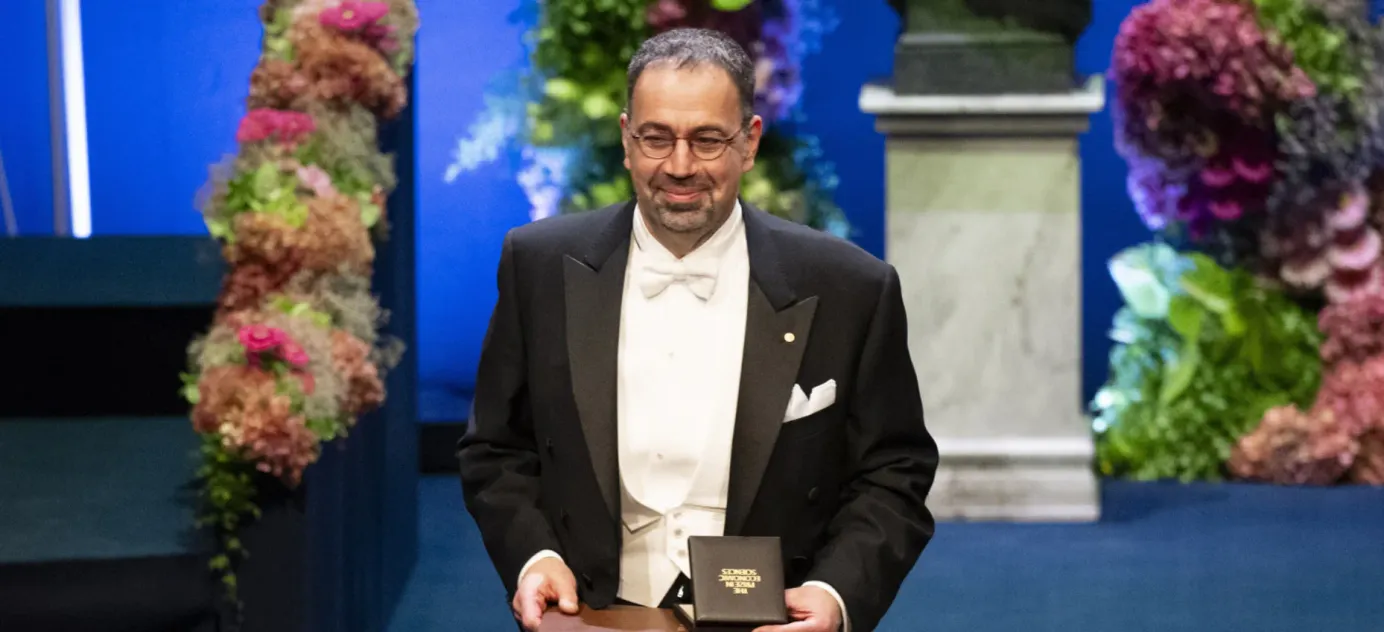
When is a tax rise not a tax rise? When Russian propaganda talks about it
Russia’s finance ministry last week officially put forward its proposals to “reform” the country’s tax system. The key change is the introduction of new progressive income tax bands, which will significantly raise taxes on the salaries of the country’s top earners. Businesses, too, will face a greater tax burden. The plans could generate the equivalent of tens of billions of dollars in extra revenue for the government, yet the authorities are refusing to call it a tax rise, as is clear from a cache of government documents seen by The Bell. It appears state media outlets have also been instructed not to call them tax hikes, with reporters instead talking about the “fairness” of the “reforms” and how the vast majority of people will see no difference in their take-home pay.
- The package of changes are the biggest to Russia’s tax system for 20 years (The Bell discussed them in detail here). In effect, the reforms mean higher taxes for businesses and for individuals with high salaries (more than $26,000 a year). But the government is demanding that the measures are called anything but a “tax rise,” favoring terminology like “tax changes,” “reforms” or measures to “build a progressive tax scale.”
- The government says the main driver behind the tax rises is to deliver on “a long-held demand for social justice.” It believes that if the extra revenue is spent on social welfare higher taxes will be accepted as fair by most Russians.
- However, in reality the structure of the progressive systems means that inequality will only increase — and the majority of the super-rich’s earnings will not be touched. That’s for at least four reasons.
- First, in most major economies that have progressive tax scales, there is a tax-free personal threshold — an amount individuals can earn without paying any income tax whatsoever. In Russia, that does not exist.
- Second, the wealthiest do not derive their main earnings from salaried work, but from dividends, interest on savings, and investment returns. None of this is affected by the new progressive tax bands and the maximum tax rate for these will remain at just 15%.
- Third, income taxes go to regional budgets. This means that higher tax rates will only increase inequality between Russia’s regions, which is already dangerously high, since high earners are concentrated in Moscow, Saint Petersburg and a few other regions (such as some oil-producing or resource-rich areas).
- Fourth, higher taxes will not be levied on soldiers fighting in the war in Ukraine. They already receive significant salaries — on average, a participant in the so-called “Special Military Operation” earns 200,000 rubles a month ($2,211), Vladimir Putin said earlier this year. The finance ministry justified the exclusion of servicemen from the higher tax bands by saying they carried a “greater risk to life” and were serving “in defense of ... the country.”
- None of that makes it into the government’s talking points, of course. In addition to ideas of social justice and fairness, the government and state media are justifying the tax “reforms” through the idea that only a small group of people will be affected — just 3% of the country’s workforce. This is reminiscent of the way pro-Kremlin bloggers sought to reassure Russians during the 2022 mobilization drive, when they repeatedly posted that only 1% of the male population would be sent to the front.
- The authorities are also emphasizing that the Russian tax code will still be competitive compared with other jurisdictions. The highest tax rate on individual incomes in Russia under the new system will be 22% (up from 15% now), well below the top rates of tax in China (45%), Britain (45%), Germany (47.5%) and France (55.4%).
- The government has a separate playbook for how to talk about the higher corporate taxes it has proposed. The plan to raise taxes on company revenues comes at a time of high profitability for businesses, which not only recovered their losses from a “difficult” 2022 but has seen bumper financial results over the last year. Higher tax payments pave the way for the removal of export duties imposed in 2023, which are tied to the ruble exchange rate, government documents suggest.
- In news broadcasts, Russian propaganda toes the party line. On screen, there is not a word about “increased” taxes. News reports instead tell Russians that an “improved” tax system will make it possible to solve “the most important” social issues and support families with children (the authorities are offering annual tax reductions for low-income families with two or more children from 2026).
- State news agency RIA Novosti went even further. It published a column which not only parroted the government’s slogans but also said that anyone paying higher taxes was “not only a man with solid income, but a patriot of his country, proud to contribute to its development.”
Why the world should care:
The Russian authorities are framing their tax increases as “social justice” even though the two have nothing in common. The increased tax burden is necessary to pay for Putin’s war machine and create a new rainy day reserve fund in otherwise turbulent conditions.





